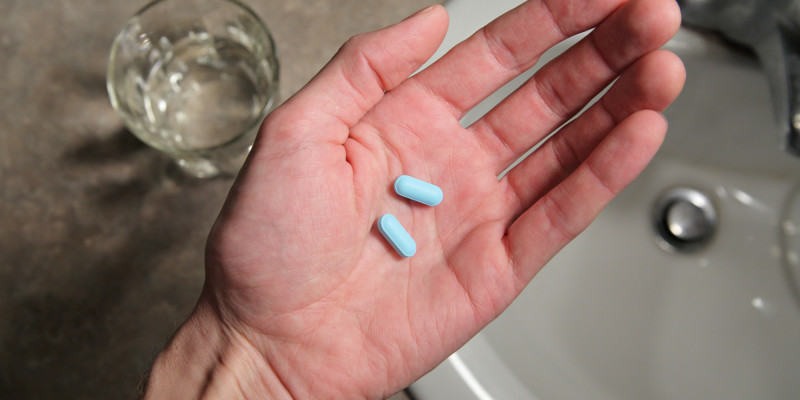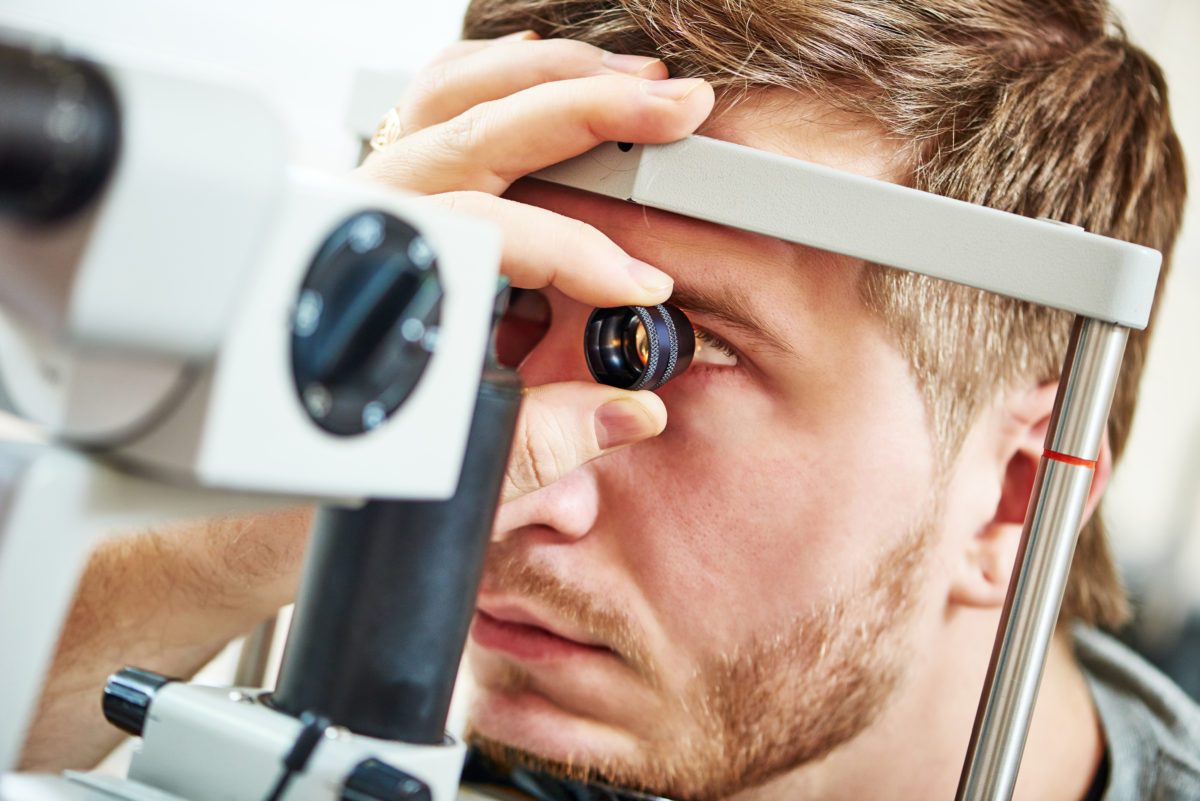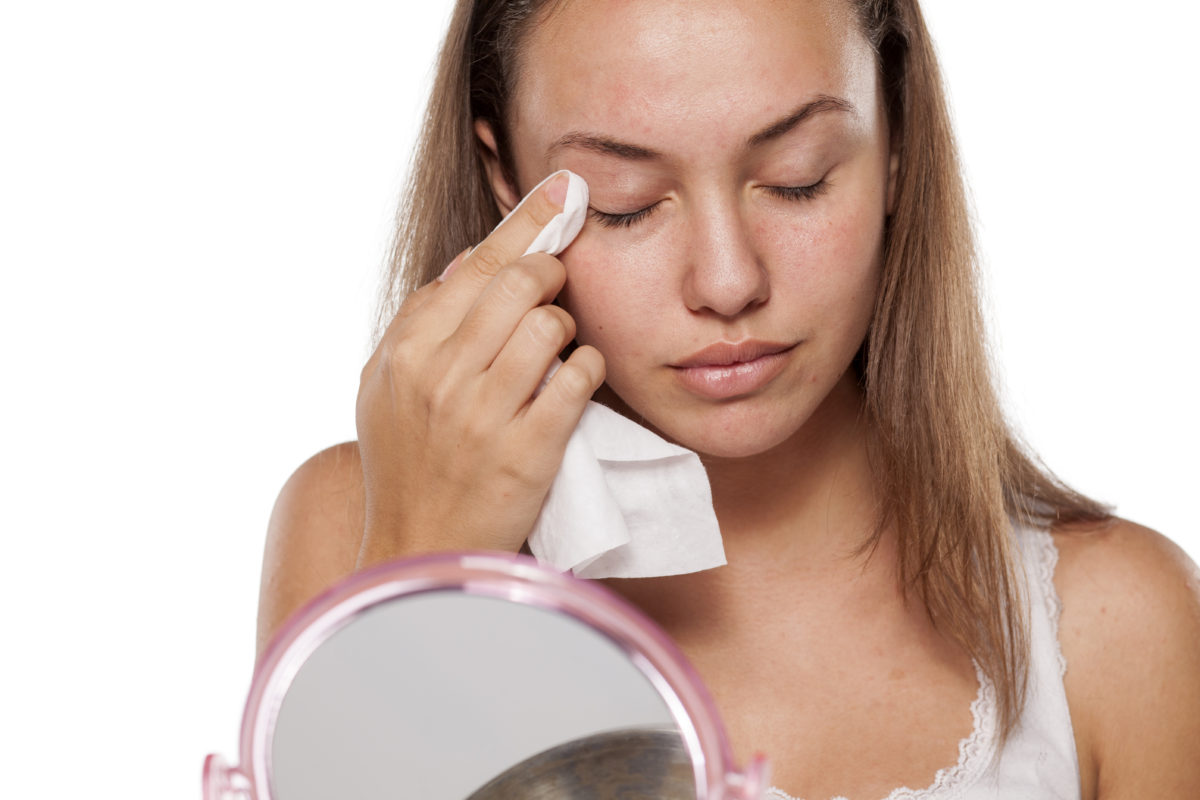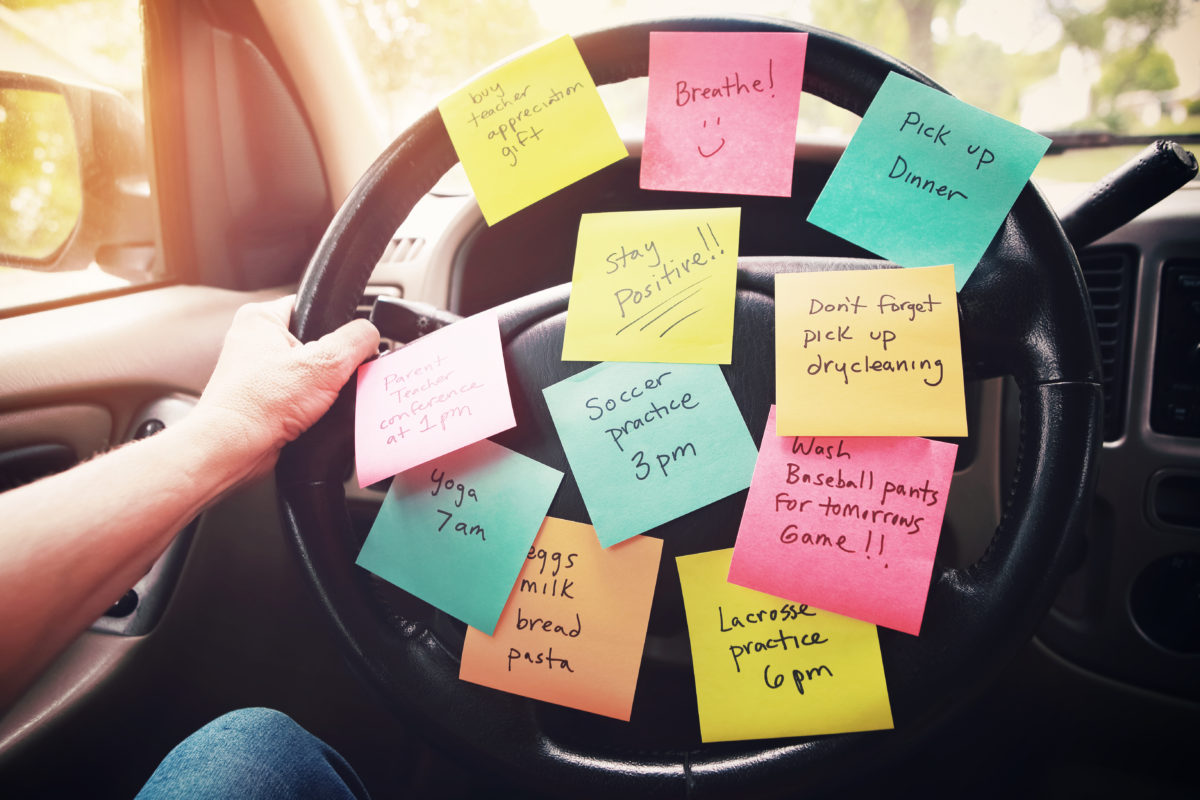Ever take a prescribed sleeping pill to help fall asleep? If so you are like almost 9 million Americans who take one of several prescription sleeping aids. Chances are that if you don’t feel drowsy in the morning then you’re likely to keep using what helps you fall asleep.
Now new evidence strongly suggests that while you may feel 100% the next morning, your driving skills could be impaired – as much as being drunk! There is now a known link between car accidents and drivers who took a sleeping pill the night before.
The study, published in the American Journal of Public Health, looked at over 400,000 drivers who also take one of 3 prescription sleep aids: Ambien (zolpidem), Restoril (temazepam )and Oleptro (trazadone).
Use of these sleep aids made people anywhere between 25 percent and three times more likely of being involved in a car accident while driving!
Ambien users had the highest risk — they were more than twice as likely as non-users to have a car crash over the five year study. Restoril users had a 27 percent higher risk, and Trazodone had close to double the risk of an accident.
To compare it to drunk driving, these risk estimates are equivalent to blood alcohol concentration levels between 0.06% and 0.11%. The legal limit for driving is 0.08.
What’s especially interesting is that all three medications studied work through different mechanisms to put you asleep, yet they all have similar effects on driving the day after.
The scariest aspect to me is that you don’t have to be feeling groggy the next day to be affected. These medications are staying in the bloodstream at levels high enough to impair our reaction time the next day, making it more likely to be involved in a car accident.
Only new users of the sleep aids were studied and the accident risk increased steadily with usage up to a point. The good news is that these effects did wear off after about a year of steady use. Still, there’s variation between different people’s metabolism, how long they were on a pill consistently, and how long the impairment effects wear off.
Doctors need to be aware and heed the FDA’s warning back in 2013 – to prescribe the lowest dose possible of sleep aids initially. Only if there are no major side effects and a patient still can’t sleep should dosage be increased.
This is the kind of information we should take in and use to adjust our routine. What do I mean?
First off, if you need help sleeping, exhaust (pun intended) all of your non-pharmaceutical options first before turning to a pill. Meditation, diet changes in the evening, music, reading and changing your sleep environment can all help.
If you’ve tried all of these and need more help, talk to your prescribing doctor when considering starting a new sleep aid so you can know what to expect and what side effects to look out for! In most cases, the key is to take a pill when you have at least 8 hours to sleep, more if possible.
Sleep aids should be a last resort and a blessing to those who really need it, not another chemical influence we need to worry about affecting safety on the roads!
 English
English French
French German
German






